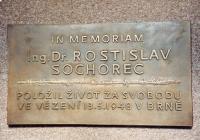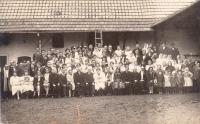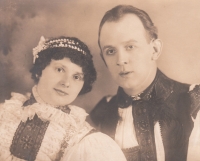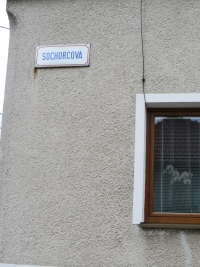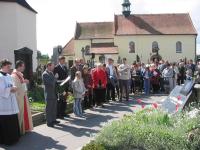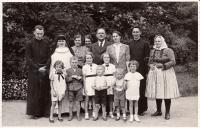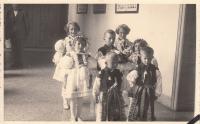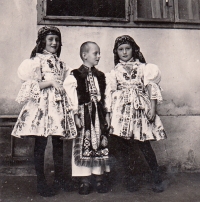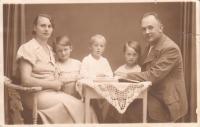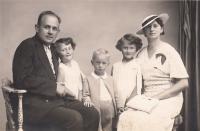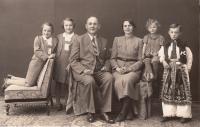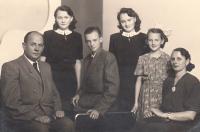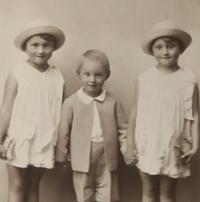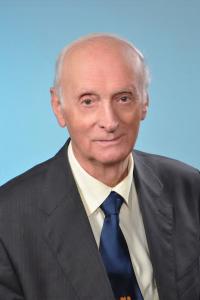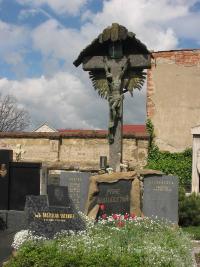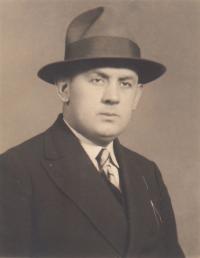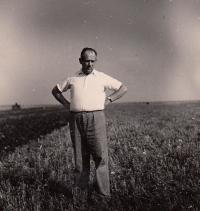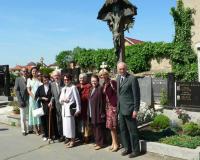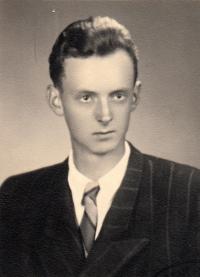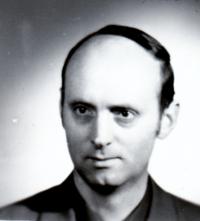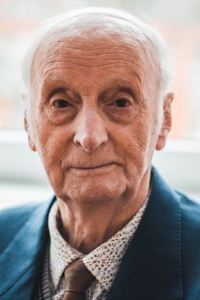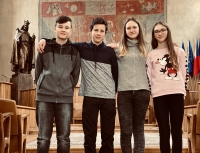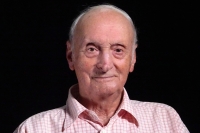I never believed in my father´s suicide

Download image
Rostislav Sochorec was born on 10 October 1931 in Staré Město near Uherské Hradiště. He grew up on a family farm in Moravský Žižkov in the area of Hodonín. His parents farmed about eighty-five hectares of land. His father Rostislav Sochorec was a politician for the Czechoslovak People’s Party and was elected to the National Assembly after the 1946 elections. He was the leading expert of the party on agriculture, and he expressed concern about the destruction of private farming. He was arrested by the State Police under a fabricated pretext on 23 February 1948. After less than three months of imprisonment, he died under suspicious circumstances. Suicide was the official version. The witness was affected by the denial to study at university after the death of his father. One of his sisters was expelled from the studies shortly before graduation. He worked at a family farm which was several years later taken by the United Agriculture Cooperative. The family had to move out. He was enlisted into Technical auxiliary battalions as a politically unreliable person. He then joined the Czech Hydrometeorological Institute in Brno as an assistant technician. He studied Water Management as an extramural student at the Brno University of Technology. In 1959 he moved to the Ostrava branch. After the fall of communism, he became its manager. In 1991, he received First Class of the Order of Tomáš Garrigue Masaryk in his father’s place.
